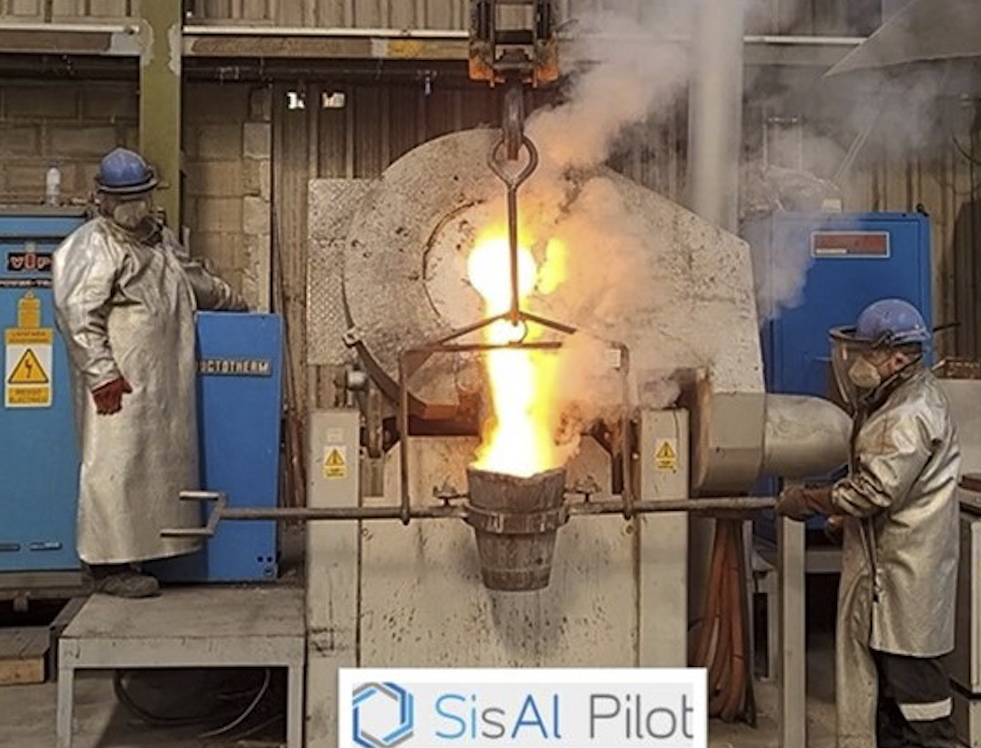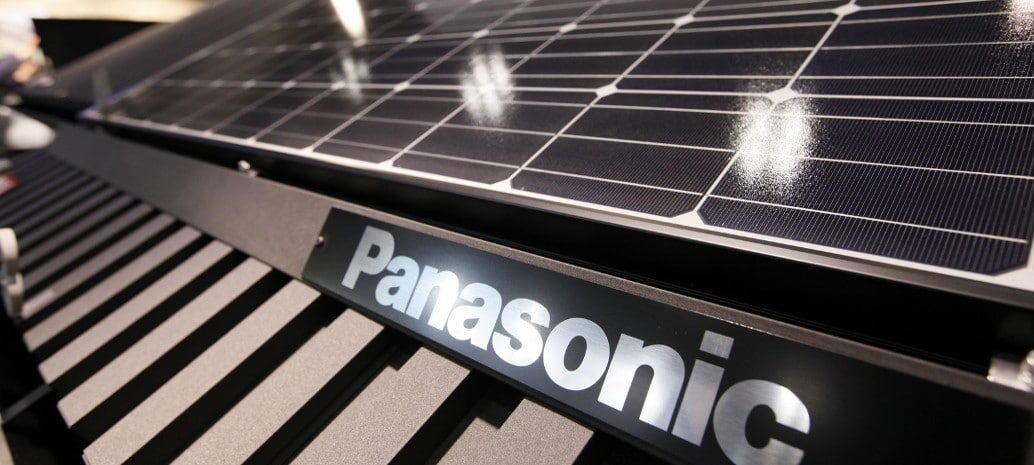From pv magazine Spain
SilBuCam, a Spanish consulting firm that specializes in metallurgical processes, is producing solar-grade silicon as part of the SisAl Pilot project in Spain. It is led by the Norwegian University of Science and Technology (NTNU) and involves 22 companies from nine countries on three continents, with a budget of €14 million ($13.9 million).
SilBuCam is coordinating by producing silicon metal in a circular, low-impact process. The new patented process does not generate CO2 and dispenses with coal, which introduces impurities.
“In addition to being much more sustainable, it is considerably cheaper,” Javier Bullón, general manager at SilBuCam, told pv magazine.
Specifically, it involves three times less energy consumption, eliminates direct emissions of CO2 and other harmful pollutants. It is also a circular process, as it transforms by-products derived from other processes – such as recycled aluminum and quartz fines – into new raw materials, such as silicon and metallurgical aluminum.
The SisAl Pilot, which has been running for two years, has two main goals. It will produce hypereutectic Al/Si alloys in Europe, as worldwide production is currently limited to China, for the most part. Second, it will produce silicon of sufficient quality for the solar industry, without generating CO2 and without using coal.
“We have to continue working and wait for the resurgent European photovoltaic industry to become interested in this silicon, which could mean independence from China in the manufacture of solar wafers,” said Bullón.
To move from the pilot phase to semi-industrial scale, the project will require an investment of €10 million.
“In the plant, and measured in kilowatt-hours, metallurgical silicon plates produce the same as polysilicon, with the advantage that they have much less heat loss, so that the modules installed in hot areas like Spain will work the same or better,” said Bullón.
This content is protected by copyright and may not be reused. If you want to cooperate with us and would like to reuse some of our content, please contact: editors@pv-magazine.com.



This appears to be a high-temperature process. Does it involve hydrogen? It needs more of an explanation in terms of the input fuel.